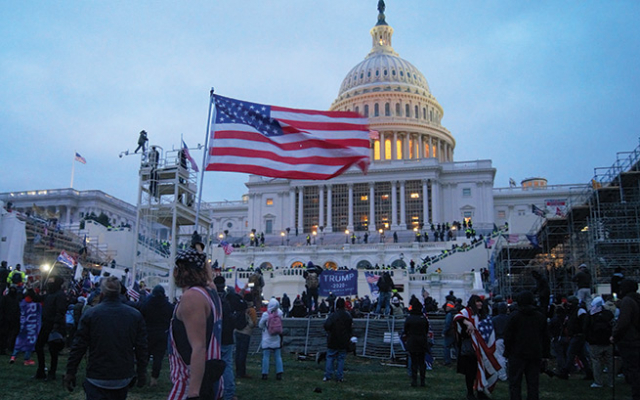‘Power to the people’? Disputed presidential elections in US history
Historian article

Disputed presidential elections in US history
Michael Dunne reveals the complex background to the modern elaborate constitutional process of electing a United States President.
On Wednesday, 20 January 2021, Joseph R. Biden, Jr., was inaugurated as the 46th President of the United States of America. In years to come these simple words may seem prosaic and uncontentious. Observers closer to this event know that behind the verbal blandness lie moments of dangerous potential and that a fortnight before Biden’s Inauguration eyewitnesses described an ‘insurrectionary mob’ storming the Capitol, the legislative heart of the US federal government, in an attempt to prevent the traditional and peaceful transfer of power from the 45th President Donald J. Trump to his elected successor. Nothing in the least comparable had happened since two elections in the middle of the nineteenth century, the first opening and the second effectively closing the American Civil War of 1861–65; and before then, during the first decades of the Republic, the only serious challenges to smooth presidential transitions had resulted in an early amendment to the federal constitution followed by a change from what has been dubbed the ‘first party system’ to the second version of nation-wide politics. In the twenty-first century there was indeed controversy surrounding the election of George W. Bush, Jr., but nothing then approached the violent partisanship of recent months – violence inflamed by President Trump himself. Different in nature and in their results, these five earlier moments form the narrative and analytical background to the events of January 2021...
This resource is FREE for Historian HA Members.
HA Members can sign in to access this content or you can Join the HA if you are not already a member.

